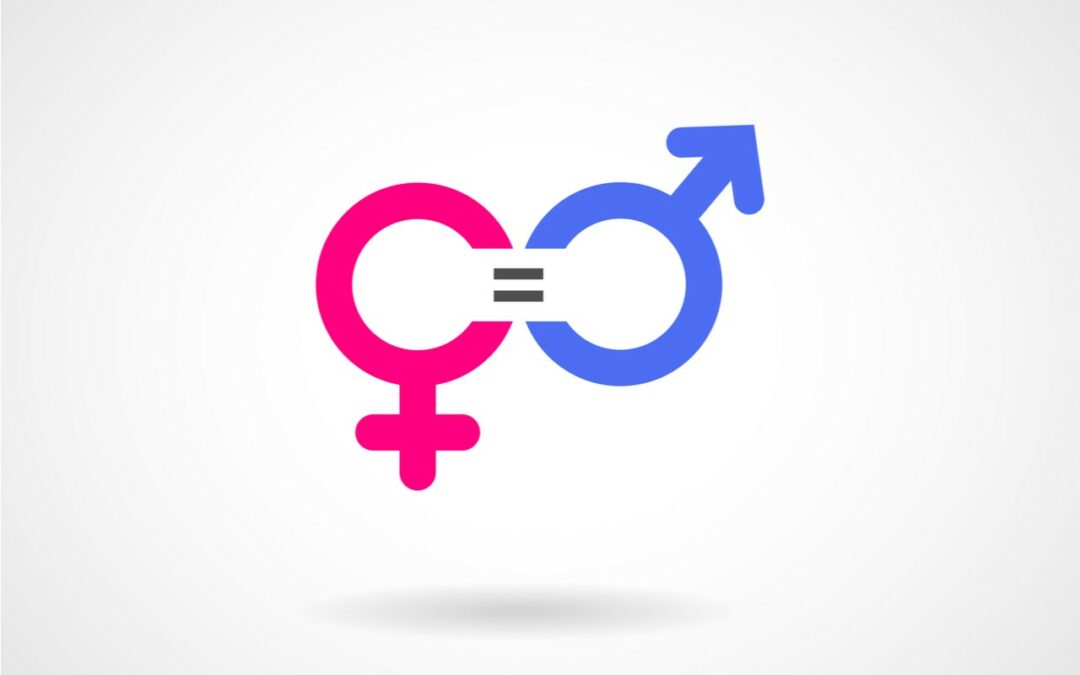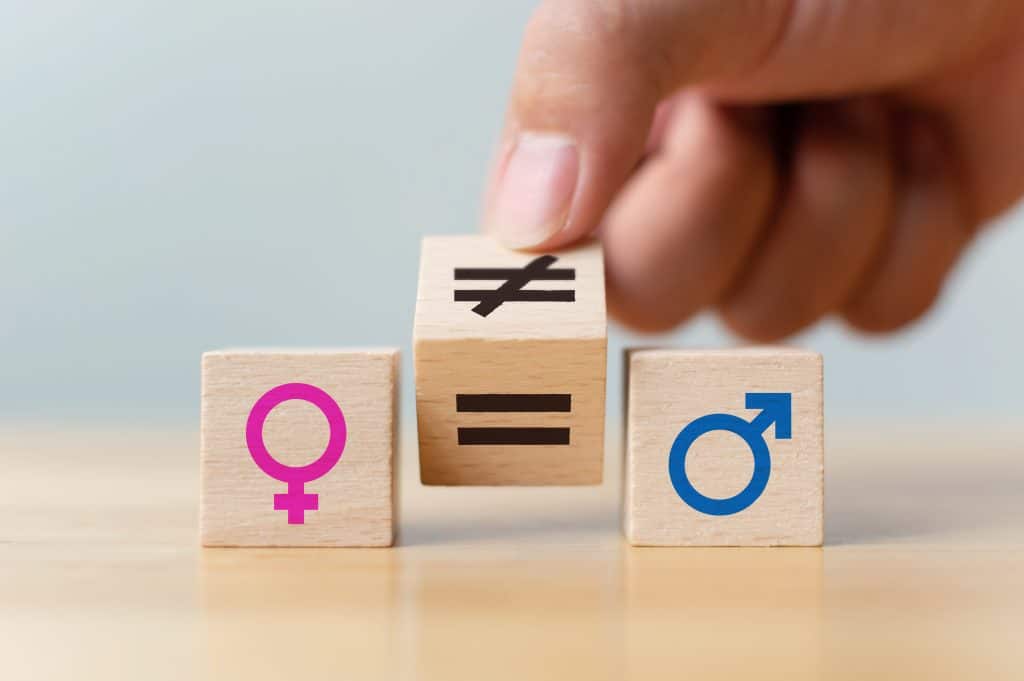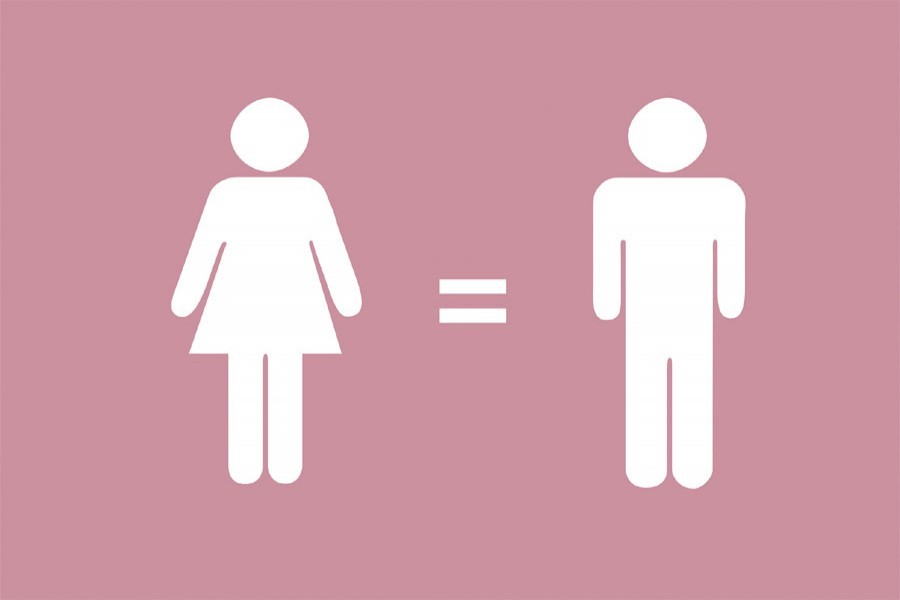Despite all the roles men and women play in today’s world, some people still judge others based on how they think males and females ‘should’ act. In your daily life, you might have been a victim or a believer in gender stereotypes without even realising it. You must have heard someone saying:
“Women Are Too Emotional, And Men Don’t Cry.”
It’s not your fault… The problem is that gender stereotypes are so ingrained in our society that we don’t even realise how often it affects how we talk, interact, or give our perspective about something based on a person’s gender.
Gender stereotyped people are not open to the idea that both genders can do almost all things equally and deserve the same treatment. They have a hard time accepting the concept of equality for all genders.
You might find it surprising how much gender stereotypes can affect you and the society you live in. So, let’s first get to know more about gender stereotypes and their roles in detail.
What are Gender Stereotypes?
It’s a norm related to gender and stereotypes. This term is derived from the following two concepts, which are:
- Gender – determines whether a person is male or female.
- Stereotypes – a set of ideas about how a particular gender should act.
By combining both, we define gender stereotypes as a belief that a person’s mind assigns others’ social roles, behaviours, and traits based on their gender. They might not be accurate or even unfair.
It also includes the ideas related to how a person expects men and women to behave, dress, and present themselves in society. For example, women are generally expected to be polite, nurturing, accommodating, and emotional. In contrast, men are generally expected to be bold, open, strong, and aggressive.
What Role Gender Stereotypes Play In The Society?
In every society, somehow, people still believe in gender stereotypes, like how a man and woman should act. It might differ due to the ethnic group and culture they belong to.
You might find this surprising that beliefs built or created under the stereotypes practices changes over time. For example, in the history of the U.S. of the 1900s, blue was expected to be a women’s colour while pink was considered to be men’s colour.
Media has also played a significant role in setting beliefs and assumptions about a particular gender’s role in society worldwide through its advertisements, dramas, films, etc.
However, the practice of stereotypes about gender can cause unbiased judgements, unfair and unequal treatments just because of a person’s gender. It is also often called sexism.
Can Gender Stereotypes Harm A Person Emotionally?
Yes, it is very much harmful to a person and can even destroy them mentally, leading to affect their physical health too!
For example, a woman is not expected to be a wrestler, and even if she is one, she might not be considered a strong opponent against a male wrestler. Similarly, a man can’t be a dependent person, and even if he is, he is considered to be lacking the skills to get a job.
In some cases, males are not even allowed to cry or express sensitive emotions. While for females, to be independent, smart or bold – a stereotyped person finds it hard to believe in such facts about a person based on their genders.
Types Of Gender Stereotypes
Based on a person’s expectations, there are four basic kinds of gender stereotypes practised in a society:
| Expectations Type | For Women | For Men |
| Domestic Behaviors | Take care of the children, cook, and clean the home. | Take care of finances, work on the car, and do home repairs. |
| Personality Traits | Will be accommodating and emotional. | Will be self-confident and aggressive. |
| Physical Appearances | Should look thin, graceful, have long hairstyles, wear dresses and make-up. | Should be tall, muscular, have short hairstyles, wear pants and shirts. |
| Occupations | People’s assumptions about teachers and nurses being women. | People’s assumptions about men are supposed to be pilots, doctors, and engineers. |
Such stereotyping in gender roles is usually faced by many people across the globe in every society. It’s harmful but not deadly. However, the exaggerated stereotyped behaviours are incredibly unhealthy and may damage your health, physically and mentally.
Exaggerated Stereotyped Behaviors
It is the behaviour of a stereotyped person which repeats over time. These types of actions can make your daily life and relationships difficult.
- Hyperfemininity – it means “exaggerating the qualities of females”. It may include being passive, soft, naive, flirtatious, sexually inexperienced, graceful, nurturing, and accepting. Plus, they are considered to endure physical and emotional abuse from their partners.
- Hypermasculinity – it means “exaggerating the qualities of males”. They are assumed to compete with other men, dominate feminine, sexually experienced, worldly, physically imposing, aggressive, insensitive, demanding, and ambitious. And also, they are more likely to be the ones to be physically and emotionally abusive to their partners.
If you have any of these traits, then you might have to consider changing the way you think and be open to the idea of equality.
Why Is Gender Equality Important?
Gender equality does NOT mean men and women become the same. It means that each gender must have access to the same opportunities, socially-valued goods, resources, rewards, and life changes. And they must neither depend on their gender.
This practice is encouraged and has the following benefits:
- Increases self-esteem – The cycle of women getting married and men getting jobs lowers self-esteem among women. So providing them independence and making them explore their potential can help to increase their self-esteem.
- Boost confidence – Both genders receiving equal opportunities and resources can increase the workforce and contribute to every industry. Moreover, it increases a person’s confidence, leading them to a happy lifestyle.
- Better healthcare – Women may starve to look slim while men would eat a lot unnecessarily to appear muscular. But if they eat healthy food regardless of how they appear in front of others and take care of their health according to their physical needs, it will help them gain better healthcare.
- Increases healthy lifestyle – When people address significant areas of gender inequality (such as education, pay gap, employment, and others), it fosters a healthy lifestyle – both physically and mentally.
- Better legal protections – for both genders, violence affects a person’s safety and freedom. Legal rights for both of them keep them safe and live productive and happy lives.
Change Starts With YOU!
Stereotypes need to end, as they can seriously destroy your health. So, you must fight back to eliminate it.
You can do the following:
- Point it out – If you see it, speak about it out loud! Stereotypes can be from magazines, TV, films, and other sources. They go unnoticed unless someone they’re pointed out.
- Be a living example – Be the person who encourages equality among both genders. Treat everyone the same regardless of gender identity.
- Create a safe space – Create a safe zone for people to express themselves to talk about their fears of being judged by others. Help them to gain confidence and self-esteem.
- Speak up – Challenge the person openly to discourage sexist jokes and comments, whether online or in person.
- Awareness – Many people don’t even notice that they either practice or are a victim of gender stereotype. So, make them aware of its harmful effects on their health.
- Support – Encourage others who are fighting gender inequality. It takes a spark to fire it up. So, be that person!
Summing Up:
You might have experienced gender inequality and stereotypes numerous times in your daily life. But this matter is talked about really less from a health perspective.
The false beliefs regarding gender roles are harmful to your mental health and physical health. So if you feel suffering from it, it’s time to change yourself for the better of your own health and the people around you.





Recent Comments